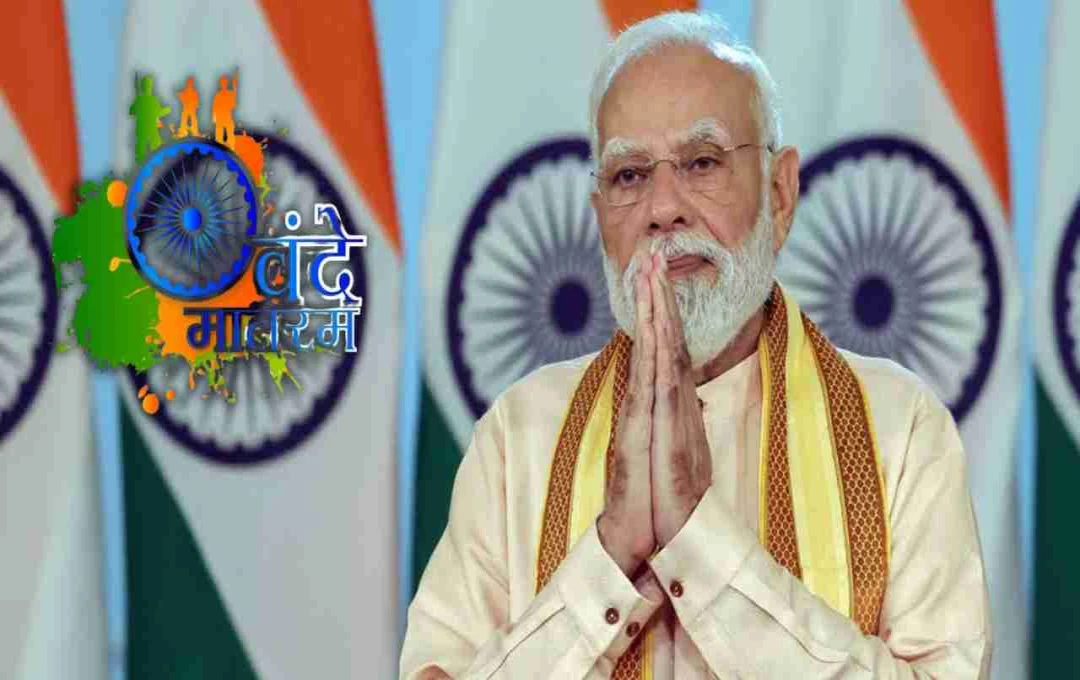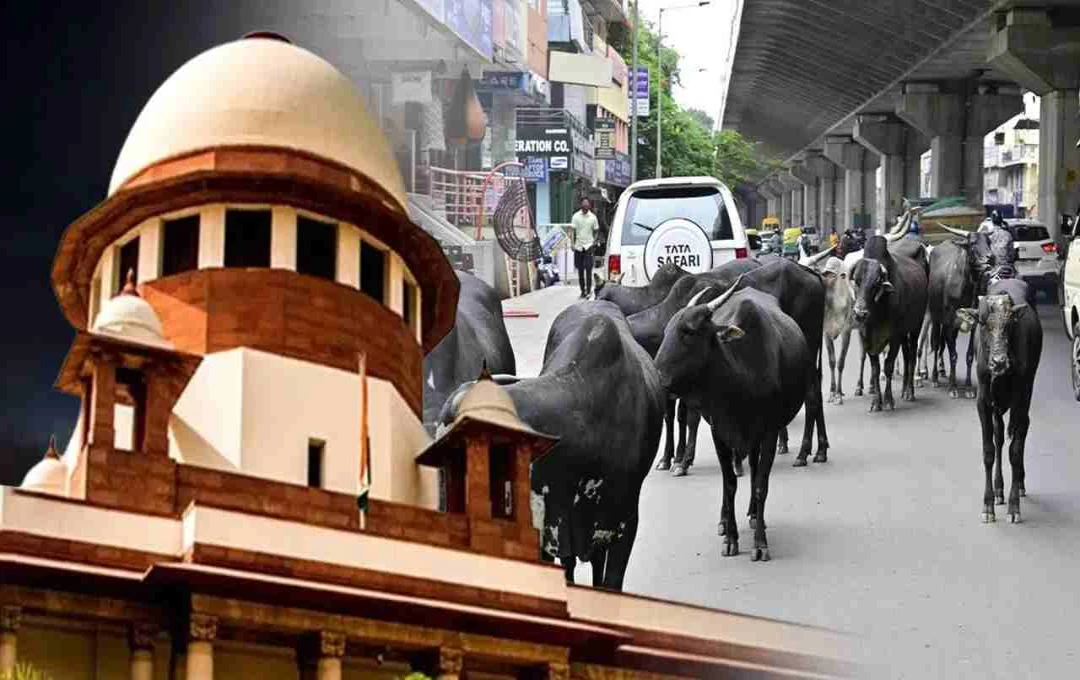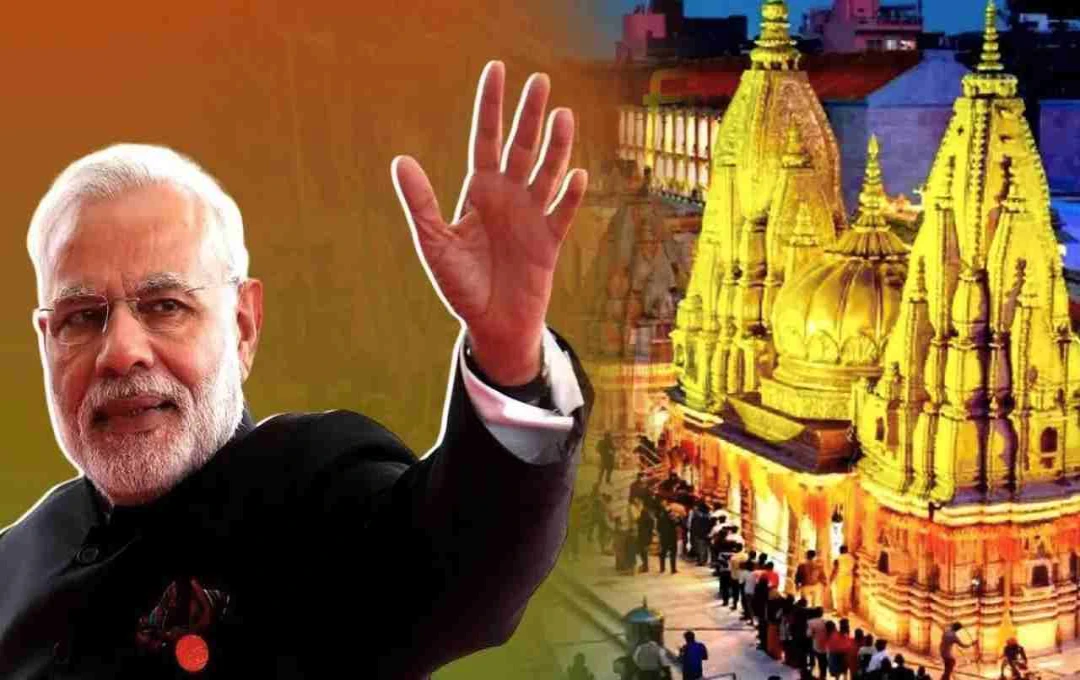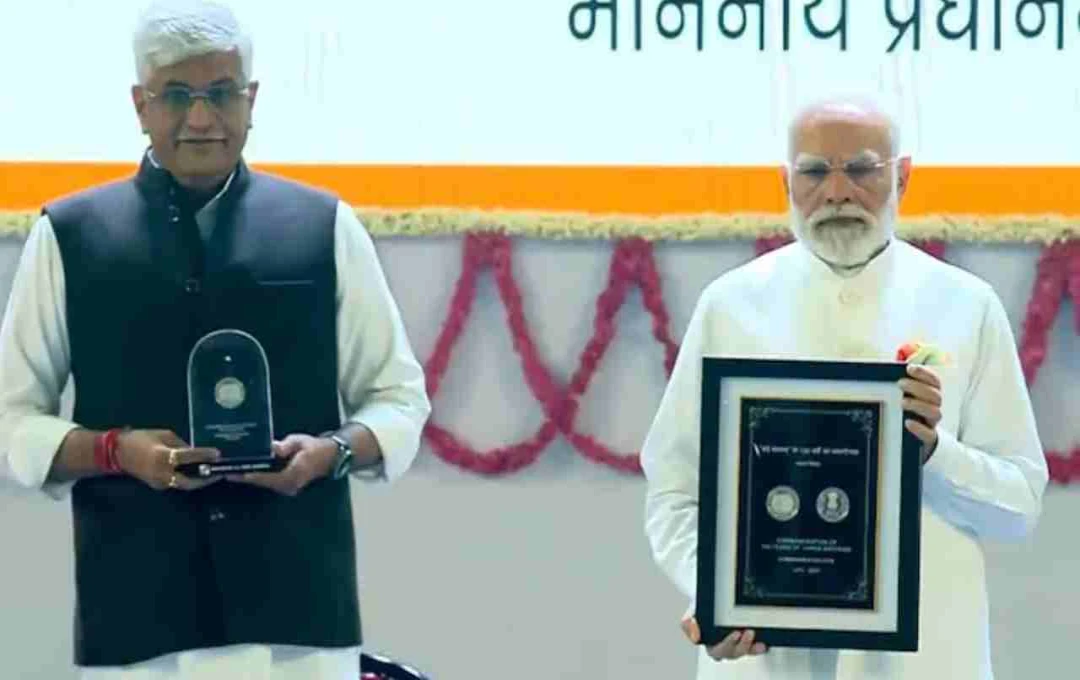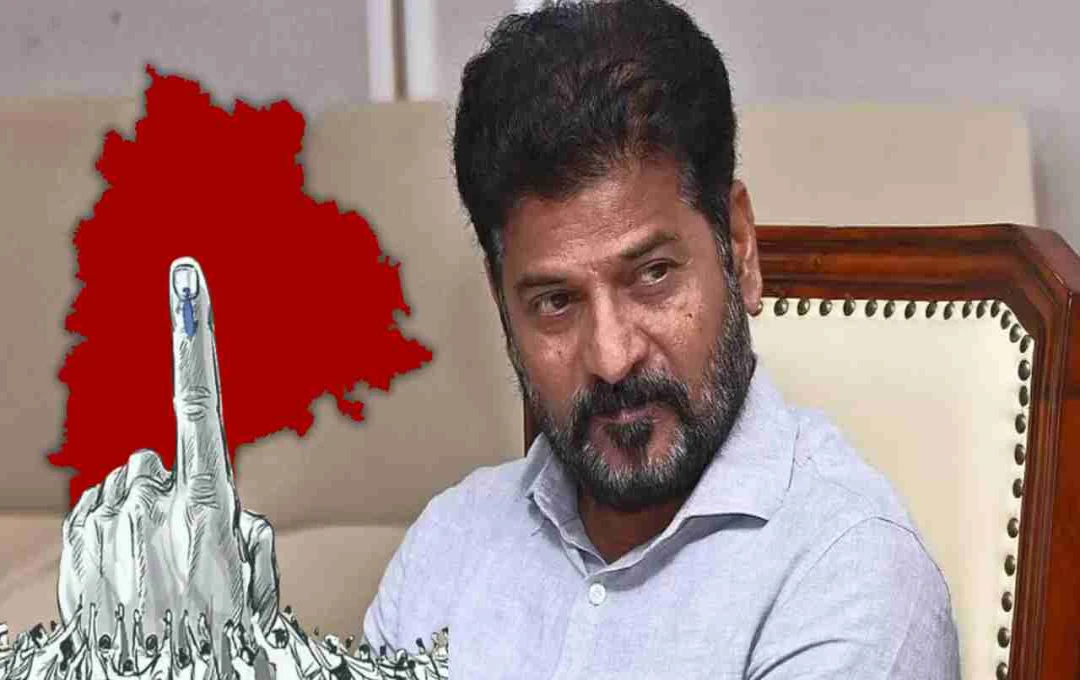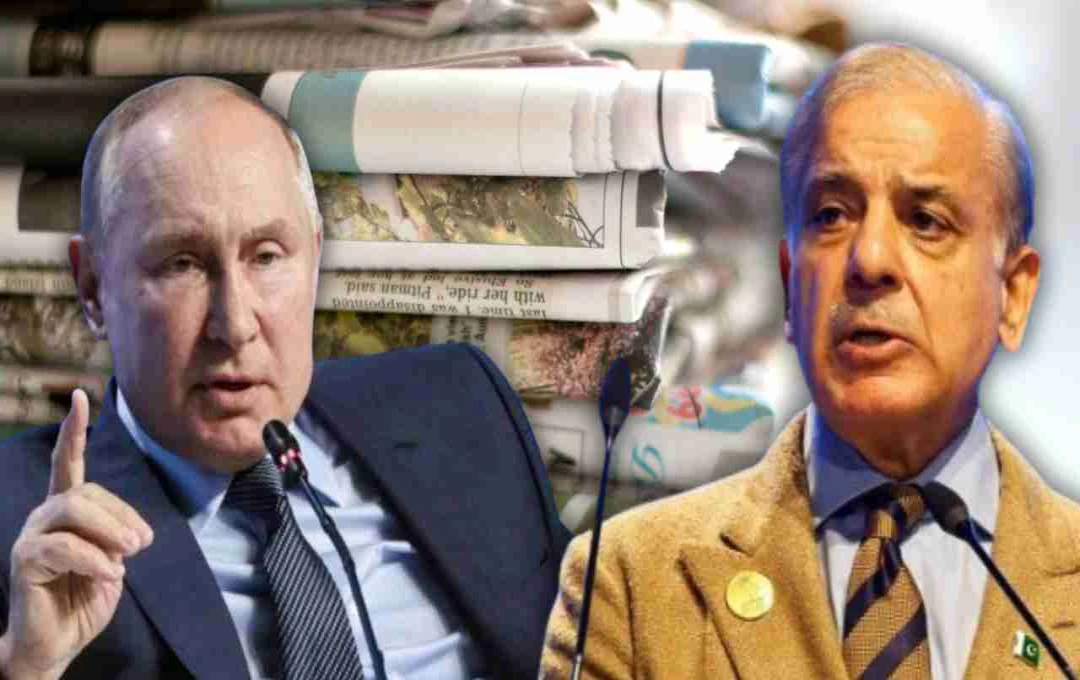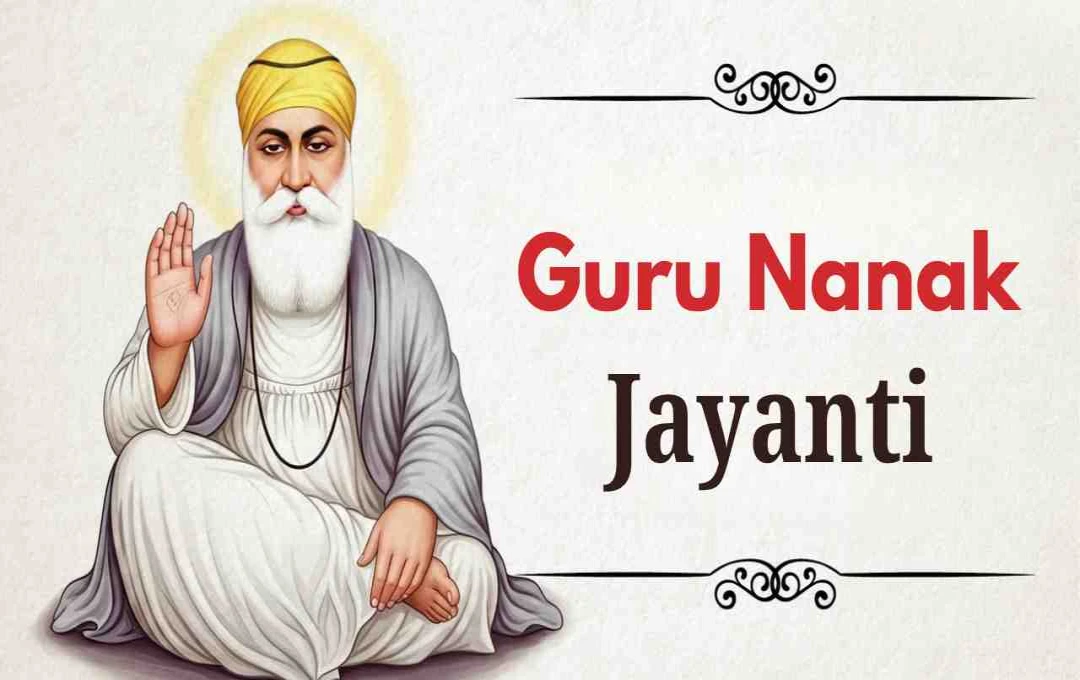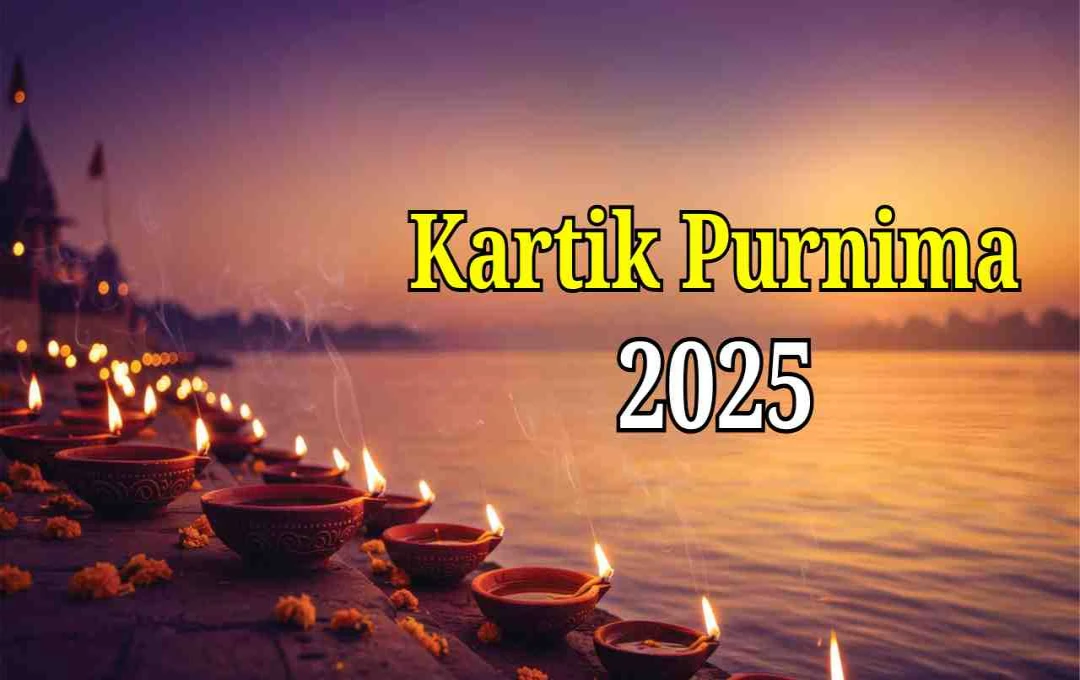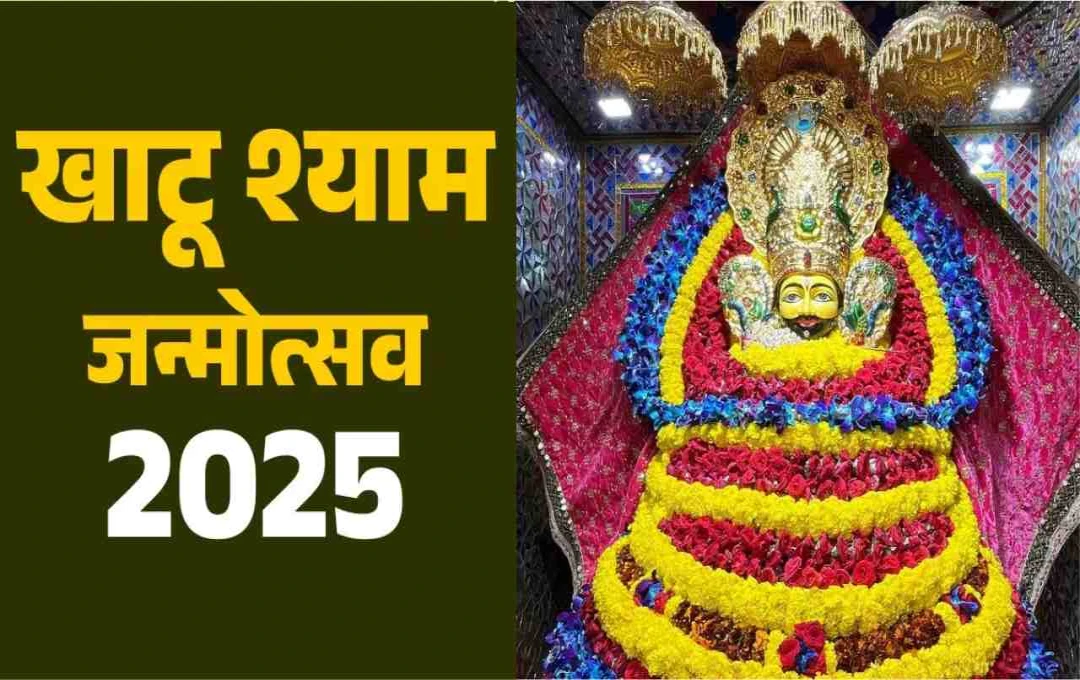On the occasion of the 150th anniversary of Vande Mataram, the Government of India launched a national commemoration. At the event held in Delhi, PM Modi participated in the mass singing and released a commemorative coin and postage stamp. This celebration will be observed throughout the year.
New Delhi: To mark 150 years since the composition of the national song Vande Mataram, the Government of India has launched a national-level commemoration. Prime Minister Narendra Modi participated in the event held at the Indira Gandhi Indoor Stadium in Delhi, where the full version of Vande Mataram was sung collectively. On this occasion, the Prime Minister also released a commemorative postage stamp and a commemorative coin in remembrance of this significant event. The Government of India has decided to celebrate this anniversary nationwide for one year.
PM Modi's Address
At the event, Prime Minister Modi stated that Vande Mataram is not merely a song, but a mantra, a source of energy, and a voice of resolve. He added that these words symbolize the devotion and reverence for Mother India (Maa Bharti). According to the Prime Minister, Vande Mataram reminds us of history, instills confidence in the present, and provides the courage to set new goals for the future. He emphasized that during the freedom movement, Vande Mataram strengthened the spirit of unity and self-respect across the entire nation.
Launch of Nationwide Commemoration
This commemoration, announced by the government, will run from November 7, 2025, to November 7, 2026. As part of this initiative, the full version of Vande Mataram will be sung collectively in public places across the country. Special programs related to it will also be organized in schools, colleges, and cultural institutions. The objective of the program is to convey the historical and cultural significance of the national song to the new generation. On this occasion, the Prime Minister also launched a special portal to make content and information related to Vande Mataram available.
History of Vande Mataram's Composition
Vande Mataram was composed by Bankim Chandra Chattopadhyay on November 7, 1875, coinciding with Akshaya Navami. This composition was first published as part of his novel 'Anandamath' in the literary magazine 'Bangadarshan'. In this work, the motherland is depicted as the embodiment of power, prosperity, and divinity. During the freedom movement, this song became a symbol of Indian patriotism and self-respect. Freedom fighters would chant "Vande Mataram" during processions and movements.
Role of Vande Mataram in the Freedom Movement
During the freedom movement, Vande Mataram strengthened the spirit of unity and struggle across all sections of society. Students, farmers, intellectuals, and revolutionary organizations all adopted it as the voice of the movement. This song served as a source of courage and inspiration in many movements that rose against British rule. It instilled in the country the belief that no sacrifice was too small for the honor of the motherland.
Recognition as the National Song
Following the formation of independent India, Vande Mataram was accorded the status of the National Song during deliberations in the Constituent Assembly. This decision was made considering its historical role and its emotional acceptance among the public. Both the National Anthem and the National Song were recognized as key symbols of India's identity and cultural unity.
Vande Mataram for the Present Generation
Today, as the nation is undergoing rapid development and transformation, the spirit of Vande Mataram is crucial in helping the new generation understand that every citizen has a role in the nation's progress. This song reinforces dedication, responsibility, and pride towards the country. The objective of the commemoration is precisely this: that this spirit should not be confined to history but actively manifest in the building of India, both today and in the times to come.
